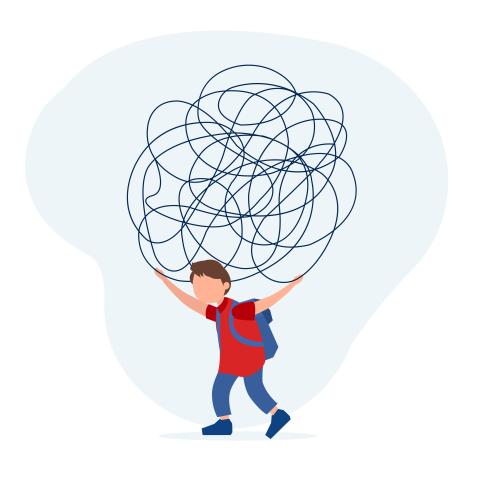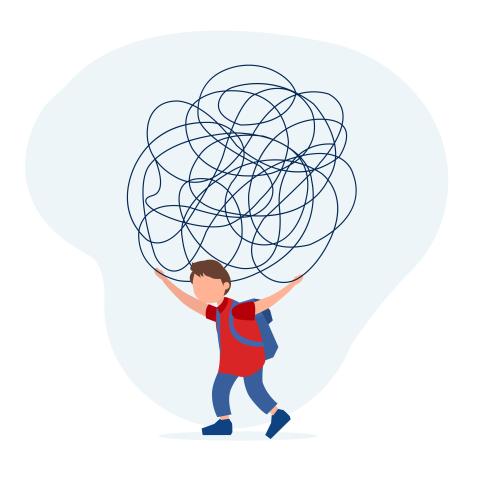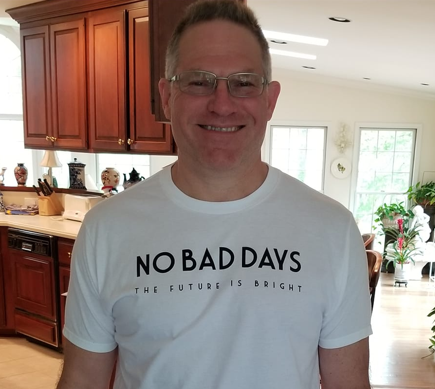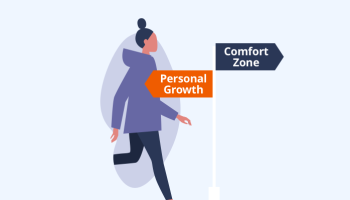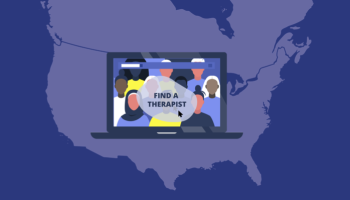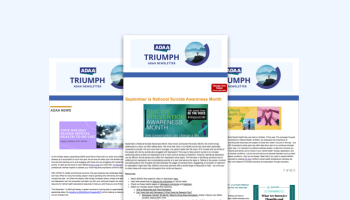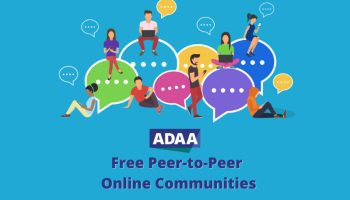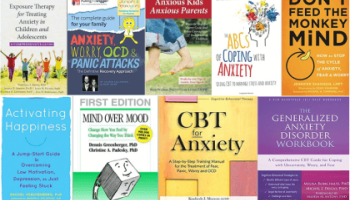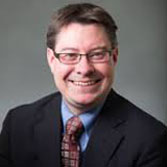 Paul Holtzheimer, MD
Paul Holtzheimer, MD
Associate Professor of Psychiatry and Surgery
Director of the Mood Disorders Service
Geisel School of Medicine at Dartmouth
Dartmouth-Hitchcock Medical Center
White River Junction VA Medical Center
View Full Author Bio
Focal brain stimulation techniques are potentially powerful tools for the investigation and treatment of neuropsychiatric disorders. These approaches include transcranial magnetic stimulation (TMS), transcranial direct current stimulation (tDCS), and deep brain stimulation among others. In general, focal brain stimulation applies electrical stimulation to a discrete region of the brain to generate neurophysiological effects. These effects are hypothesized to be behaviorally and clinically significant via direct modulation of the brain region targeted, as well as “downstream” effects within a network of connected brain regions involved in the regulation of mood, thought and behavior. It is hypothesized that focal stimulation can have longer-term effects on neuroplasticity, suggesting that it may be possible to generate a sustained increase or decrease in activity within the network depending on stimulation location and type. As such, focal brain stimulation offers a novel paradigm for the study and treatment of neuropsychiatric illness.
Transcranial magnetic stimulation (TMS) has been studied for more than 30 years, and four TMS devices have been FDA-approved for the treatment of depression. In addition to efficacy in depression, a growing database supports preliminary efficacy for TMS in other conditions, including post-traumatic stress disorder, generalized anxiety disorder, and obsessive-compulsive disorder. Converging TMS data has examined effects on more basic behavioral domains, including working memory, response inhibition and emotion regulation. It is possible these basic behavioral effects may underlie the broader antidepressant and anxiolytic effects seen with this intervention. For example, recent work from our group suggests that 10 Hz repetitive TMS applied to the left dorsolateral prefrontal cortex (the protocol generally used in the clinical treatment of depression) increases ability to inhibit the influence of negatively valenced stimuli on cognitive performance – a mechanism that may be important for antidepressant effects.
An exciting, evolving direction for brain stimulation research involves the combination of stimulation with other interventions, including medications and/or psychotherapeutic or behavioral approaches. This has been most extensively investigated in stroke rehabilitation, where preliminary data support an augmentation effect of TMS when combined with physical and occupational therapeutic interventions. Studies are beginning to assess whether TMS (or other focal brain stimulation approaches) can enhance the efficacy of psychotherapeutic or behavioral interventions for neuropsychiatric disorders as well. This line of research has the potential to dramatically alter how we think about treatment development going forward.
As a relatively young field, the study of focal brain stimulation for neuropsychiatric disorders has a long way to go. Encouraged by data showing efficacy for depression and other neuropsychiatric conditions, as well as data suggesting direct effects on discrete behaviors relevant to these conditions, research in this area is rapidly expanding. Efforts to combine brain stimulation with other interventions is especially exciting. Clearly, more work is needed to determine optimal stimulation paradigms, establish optimal paradigms to augment other therapies and identify ways brain stimulation can be useful not only in the acute treatment of mood and anxiety disorders, but also in the long term maintenance of efficacy.



